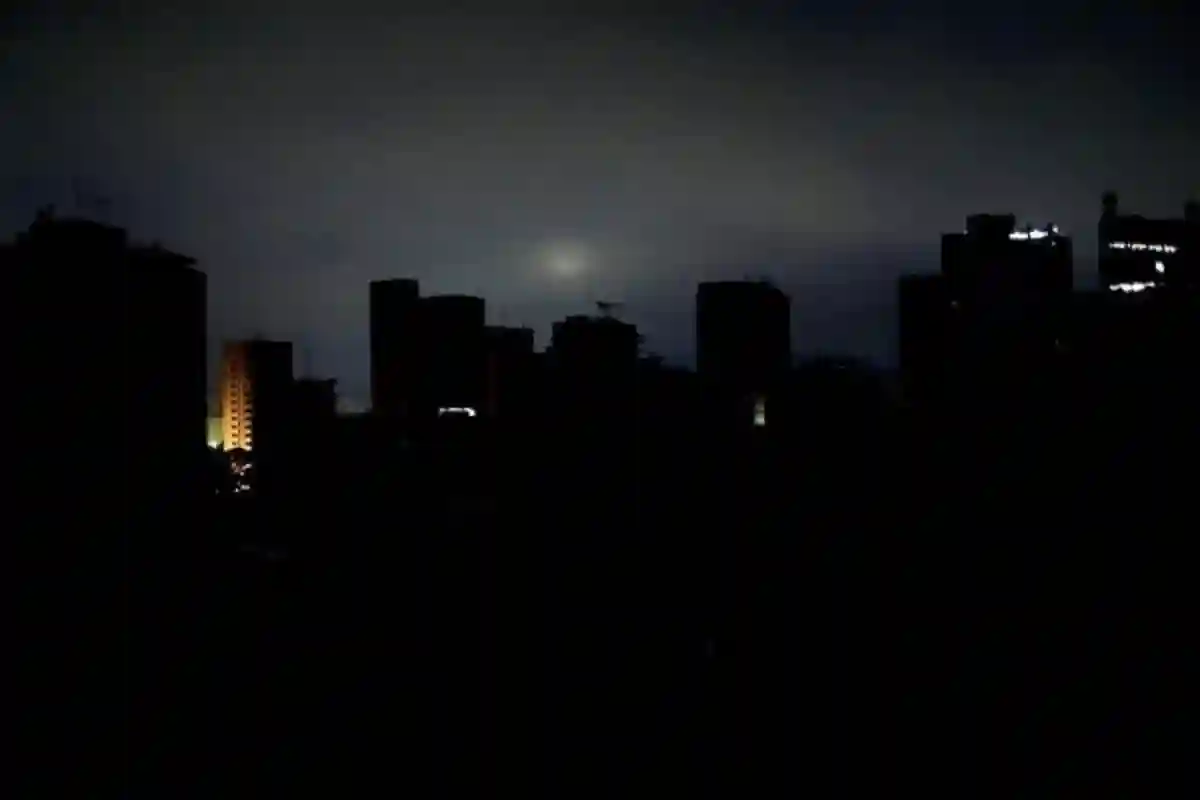Harare residents have accused politicians from across the political divide of taking them for granted as water and electricity challenges that had eased in the run-up to the 23 August Harmonised Elections have now intensified.
During the electoral campaigns, senior ZANU PF politicians boldly proclaimed that load shedding was a thing of the past after the completion of two power generation units at Hwange Power Station.
The opposition CCC, which controls the Harare City Council, promised the electorate consistent water supplies.
Now residents are saying political parties’ campaign messaging was based on lies and deception as the water crisis and power cuts have become the order of the day, less than a month after the disputed elections.
President Emmerson Mnangagwa was declared the winner, with 52.6% of the vote while his party, ZANU PF, won a Parliamentary majority
Speaking to Business Times this week, Harare Residents Trust (HRT) director Precious Shumba said residents were taken for a ride by politicians. He said:
Most suburbs have gone for a very long time without water in particular following the 23 August elections.
During the period in the run-up to the elections, most residents had access to municipal water, but soon after the elections the water supply almost dwindled or deteriorated to the extent that residents daily queue at community boreholes.
It is very sad that people are spending three to four hours queueing for water. Fights break out and the most affected are women and young girls.
It’s very sad that in some cases we do not have communities receiving bowsers from the local authorities. So, the situation is really desperate, it’s very bad.
Shumba said the City of Harare should consider drawing water from Darwendale Dam, which is downstream of the heavily polluted main supply dam, Chivero. He said:
Going forward we believe that the best solution would be for the City of Harare to get some of its water from Darwendale dam and they can also improve the situation by focusing on the replacement of underground water pipes that are obsolete and aged because currently when the city pumps its water nearly 40% is going to waste through leakages and bursts along the water distribution network.
So, if they address this it means that the little water pumped will reach the intended households.
Harare residents are at risk of contracting water-borne diseases as they are now being forced to use water from shallow wells.
There were fears of a diarrhoea outbreak at the University of Zimbabwe that had gone for days without water.
Load shedding is not affecting Harare residents only, but Zimbabweans across the country.
The situation will likely get worse as the water level at Lake Kariba, the site of the country’s only reliable power plant, continues to fall.
More: Pindula News

